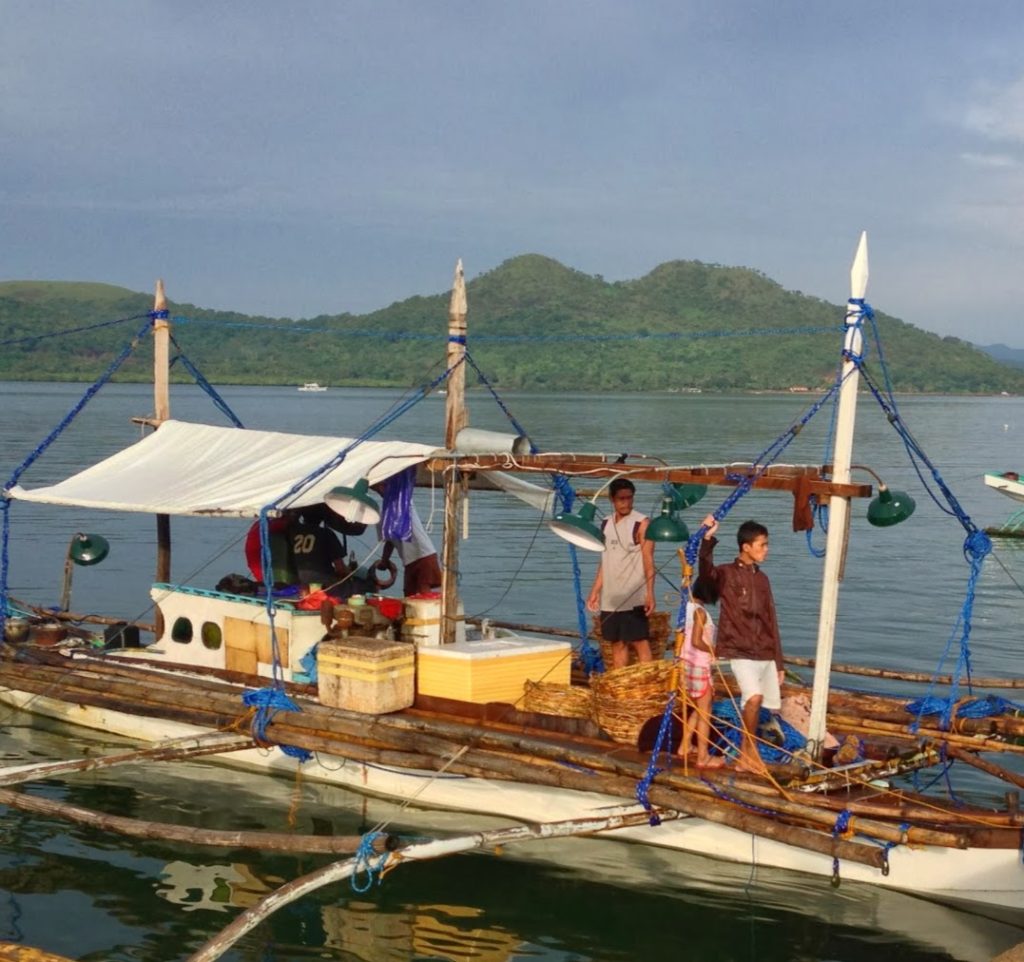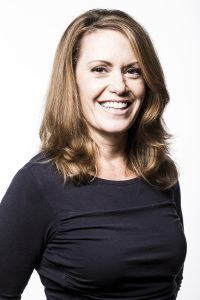
Spanning 97 miles, Danajon Bank in the Philippines is a rare marine life wonder. Just one of six double barrier reefs in the world, it is home to coral reefs, mangroves, seagrass biomes, tiger-tail seahorses and other natural wonders. But if you visited the reef in recent years, you would be struck by the absence of one vital creature – fish. One island, Bohol, has lost 90 percent of its fish. Overfishing, population growth and ineffective protection and management of coastal resources are all to blame.
Danajon Bank is a story of so many monumental challenges. With a depleting food supply, how will people get enough to eat? With a profession under threat, how will people make a living? With marine biodiversity in peril, how do we sustain a precious ecosystem?
Part of the answer begins with bringing Danajon Bank into the digital world, empowering fisherfolk with information and enabling the government to better communicate with its citizens.
For the first time, there is now technology that can affordably and effectively extend broadband connectivity to these kinds of communities. In particular, new commercially available wireless broadband technologies are available that can dynamically utilize unassigned or otherwise unused television broadcast frequencies. We call these unused frequencies “TV white spaces.” They can be repurposed to provide affordable, robust Internet access to communities like Bohol where connectivity is otherwise out of reach.

For the last two years, Microsoft piloted TV white spaces technologies in Bohol through a partnership with the U.S. Agency for International Development (USAID) and two Filipino government agencies, the Department of Science and Technology and the Bureau of Fisheries and Aquatic Resources. This project was the first time TV white space technology had been used in the Philippines to extend high-speed, wireless Internet access to remote parts of the country.
With Internet access in Bohol, USAID was able to formally register fisherfolk, the first step in creating a plan for sustainable fisheries. It also enabled fisherfolk to register for health care, insurance, poverty assistance and other government services. Today more than 16,000 fisherfolk have registered with nearly 4,000 exclusively through repurposing TV white spaces. Government agencies are using the registration data to nourish sustainable fisheries, feed more people and create more jobs. As an added benefit, 20,000 Filipino citizens for the first time now have Internet access. Last month, the U.S. State Department recognized the project with its annual award for best public-private partnership.

I had the opportunity to share this story of digital inclusion last week at the Asia-Pacific Economic Cooperation (APEC) in Manila, the capital city nearly 700 miles north of Bohol. I’m a member of the APEC Business Advisory Council, a group of business leaders from 21 economies and one of the three American business leaders appointed by President Obama who advise APEC leaders on opportunities for continued regional growth. It’s an honor to serve alongside my fellow council members from Eli Lilly and Caterpillar. We meet throughout the year to discuss policy, trade and economic investment, and then annually with our counterparts from the APEC economies.
This year at APEC, the role of promoting the digital economy and connecting people through affordable, robust Internet access dominated many discussions. Of the 4 billion people globally without Internet access, half live in the Asia-Pacific region. In countries like the Philippines, with 100 million people spread out across more than 7,000 islands, connectivity is a real challenge. And yet the Philippines and indeed the entire region are making tremendous progress to bridge the digital divide. By the end of 2014, Asia-Pacific overtook North America as the largest regional e-commerce market.
Sharing the story of the Danajon Bank and Bohol with other business and policy leaders at APEC, I am reminded just how far we’ve come in a short period of time. Internet connectivity is for the first time becoming more affordable and available in many parts of the world, transforming local economies and livelihoods. It’s further amazing to me that many of the technologies to enable digital inclusiveness are available today – we don’t have to wait to have an impact.
That’s why Microsoft last week launched a new fund to cultivate companies with solutions that bring affordable Internet access to underserved markets. The fund is part of Microsoft’s Affordable Access Initiative that invests in new technologies, cloud-based services and applications, and business models that can help solve the issue of Internet access in local communities around the world. Eligible companies can apply through Jan. 15, 2016.
While the challenges of connectivity are significant, the possibilities have never been more real. This is particularly true when public and private institutions are able to combine their shared resources and learnings toward broader impact. Going the last mile requires all of us to work together to shape a better world.
Peggy
Peggy Johnson is executive vice president of global business development at Microsoft. She is responsible for the company’s strategic business deals, partnerships and VC engagements.
